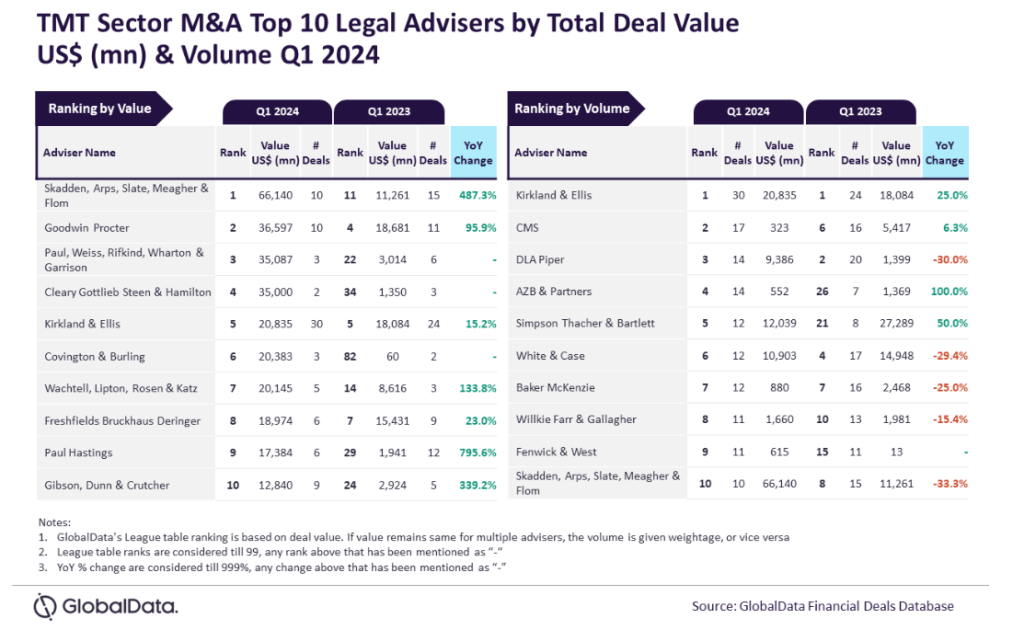
In 2021, India emerged as the third-largest technology unicorn ecosystem in the world, behind only the US and China. Covid-19-induced lockdowns glued Indians to their smartphones and accelerated the adoption of many digital services. During the pandemic, investors poured money into start-ups operating in themes such as ecommerce and digital payments.
At the same time, several unicorns entered late-stage funding rounds and started weighing up their exit options, leading to strong IPO activity in the country. From 2018 to 2020, there were 15 TMT IPOs in India. 2021 alone saw 15 Indian TMT companies going public and raising total proceeds of $4.8 billion.
Ecommerce and fintech were the key themes driving the IPO market
In 2021, listings were propelled by internet-driven themes like ecommerce and fintech. Fintech player Paytm’s listing in November 2021 was the biggest TMT IPO ever in India, raising proceeds of $2.5 billion at a valuation of $14.5 billion. Aptus Value Housing (loan solutions), Mobikwik (digital payments), Naapbooks (fintech solution), and Policybazaar (insurtech) were other notable fintech players that went public in 2021.
The IPO of ecommerce player Zomato was the second-biggest listing in India in 2021. It raised total proceeds of $1.3 billion at a valuation of $12.2 billion. CarTrade (online car selling platform), Easy Trip (online ticket booking), and Nykaa (online beauty & wellness) were other ecommerce companies that went public in 2021.
Valuations have plunged for most of these companies
Many of the companies that listed in 2021 are now struggling to match the pandemic-boosted share prices and are trading below their IPO valuations. Paytm is now valued at $5.1 billion, two-thirds lower than its IPO valuation. It faces strong competition from other payments players, while financial markets generally are more cautious as the global economic outlook worsens. Paytm has also faced regulatory issues and has received investments from several Chinese companies, which raised eyebrows. PolicyBazaar’s valuation has also fallen by 40% since it began trading.
Many ecommerce players are making a loss as they attempt to scale up and have seen a downward trend in their valuations. Zomato’s valuation has fallen by 35% since its first day of trading and is now valued at $8 billion. Nykaa was valued at $13 billion during its listing but is down by 20%.
How well do you really know your competitors?
Access the most comprehensive Company Profiles on the market, powered by GlobalData. Save hours of research. Gain competitive edge.

Thank you!
Your download email will arrive shortly
Not ready to buy yet? Download a free sample
We are confident about the unique quality of our Company Profiles. However, we want you to make the most beneficial decision for your business, so we offer a free sample that you can download by submitting the below form
By GlobalDataWhy the IPO pipeline in India is getting weaker
Amid rising market volatility, global economic slowdown, and the fear of the next wave of Covid-19, the IPO pipeline in India is losing its momentum. The declining valuations of companies listed in 2021 have also negatively impacted the IPO plans of other start-ups.
Many companies have deferred their IPO plans. Ola had planned for an IPO in the first quarter of 2022 but has delayed it. Paytm’s rival Mobikwik has said it would defer its IPO as it would not like to list when the market is behaving erratically. Delhivery, an ecommerce logistics company had the same opinion as it postponed its IPO in the first quarter amid the market corrections across the globe.
Companies are now also being forced to slash their target valuations. Both Oyo (online hotel renting) and Pharmeasy (online pharmacy) had to trim their IPO size and defer their IPO plans. As a result, the first quarter of 2022 recorded a dry spell in the Indian TMT IPO market.






